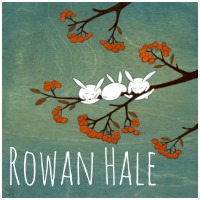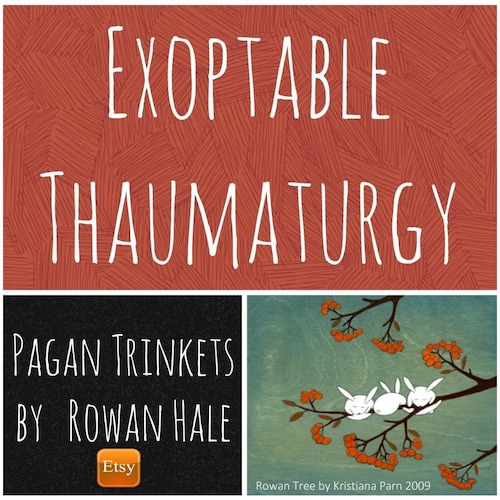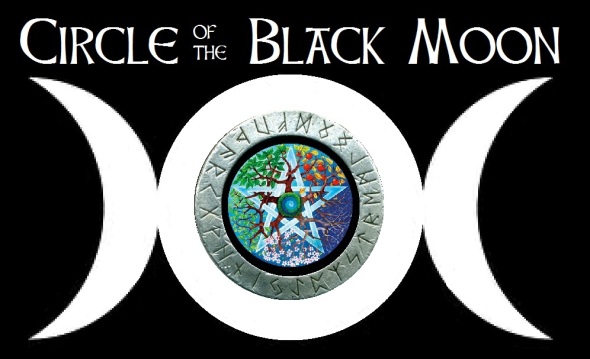Lupercalia 2016

There’s something I really enjoy about making old celebrations new again, and so this year I am taking a stab at honoring some of the long forgotten (or transformed) holidays a little more modern. Obviously, the historically ‘accurate’ traditions probably won’t translate well into today’s accepted celebratory rituals… sacrificial goats are a little hard to come by around here and we’re rather fond of our pup, so that’s clearly out. Plus, what would the neighbors say? The boys are also not keen on public displays of either dancing or nudity, so we’ll have to skip those parts as well. It occurs to me that, while the turning of animal skins into leather might be a useful skill, creating lashes with which to chase and hit young women is also going to have to be forfeit as we don’t generally condone violence, and definitely prohibit violence towards women … so again, a more modern interpretation in necessary, I think.
Apparently, not even the Romans knew the origins of the festival, or even which deity it was associated with; they just that it was a thing and they celebrated it with enthusiasm. That makes it a little hard to find modern-day associations, but there are some that seem obvious to me, even if they’re not historically accurate. Since the word ‘lupercalia’ is derived from both Greek and Latin, and where we find modern words for wolf, it seems natural to me that the deities associated with wolves and other canines would be the focus at this time of year. Whatever your chosen pantheon, there’s likely a deity that is associated with wolves: Fenrir for the Norse; Anubis for the Kemetic/Tameran; The Morrigan for the Celtics; Cerberus for the Romans; Pan for the Greeks; Inari (Kitsune, Dakini) for the Shinto, Hindu and Buddhist … there are others as well, but those are some of the ones I am more familiar with.
Fairly consistent with historical practice, these deities also are associated with themes of fertility, protection, ensuring good favor and good fortune. According to the oldest records, Lupercalia was a festival designed with rites ‘to avert evil spirits and purify the city, releasing health and fertility’. That’s pretty common at this time of year, with Spring on the horizon – Imbolc is just passed, with ‘waking the Earth/Goddess’ and preparing the ground for seed to be sown, love is in the air as animals come out of hibernation and look for mates, Valentine’s Day is celebrates (with it’s historical ties to Lupercalia and other Pagan festivals)… even though this is an ‘ancient’ holiday, we’re not as far removed from it as it might seem on the surface!
So how does one translate traditional celebrations into modern day observances? Starting with the obvious, exploring Lupercalia and its connection to wolves is a logical beginning. Wolves symbolize strong family connections, loyalty, communication and stand as guardians. Spring is a time of planning and sowing, and so introspective questions arise:
- Are my goals clear?
- Am I communicating my intentions?
- Am I guarding my space to ensure that I am able to work effectively on achieving my goals?
Taking the themes popular in the Spring, my deities of choice are The Morrigan and Fenrir. The Morrigan is probably more well-known for her associations with ravens, but she’s also known to take the form of a wolf in folklore. Her role as a Mother Goddess, protector and fierce warrior is well-known, and in the context of my path at this point in my life, appropriate. Fenrir is also a strong figure, tasked with overcoming Odin at Ragnarok. As Odin could be seen as the personification of Wisdom, defeating ‘wisdom’ to make the world anew is an interesting concept.
This Lupercalia, then, is celebrated with meditation and introspection, with a focus on honestly considering my needs and goals, moving forward with making plans for the coming year and making sure I am clearly communicating what I need in my life to accomplish them. It’s not flashy, but it does feel ‘right’, and that’s all one can ask!
Have you tried taking/making meaning from old traditions?
Brightest Blessings,



















Pingback: Matronalia 2016 | Rowan Hale
Pingback: Beyond Pagan 101 | Rowan Hale